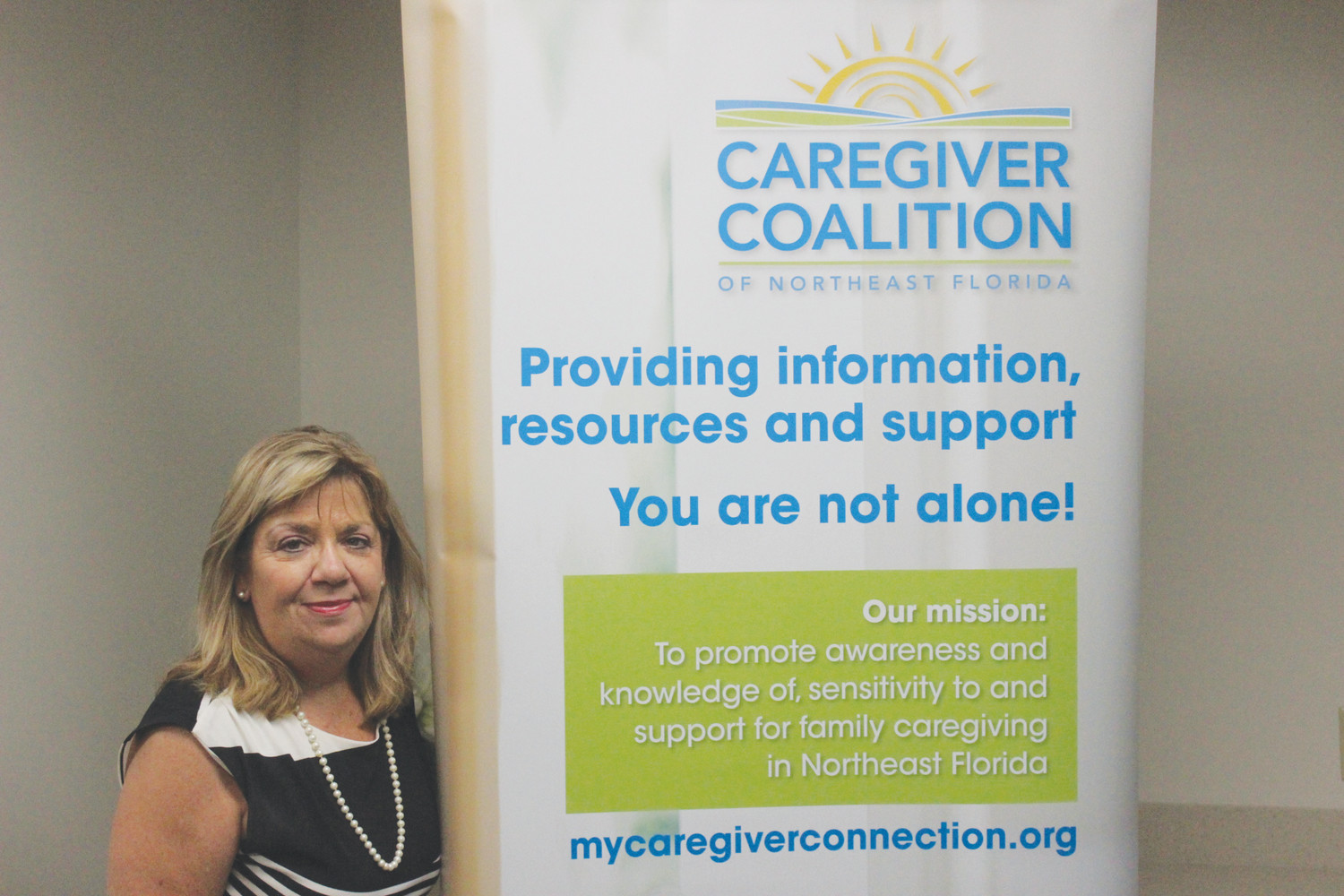Caregiver helps veterans tell their untold stories
GREEN COVE SPRINGS – As Director of Community Affairs for Community Hospice, Toula Wootan has learned that palliative care specialists and caregivers find themselves in a unique position when …
This item is available in full to subscribers.
Attention subscribers
To continue reading, you will need to either log in to your subscriber account, or purchase a new subscription.
If you are a current print subscriber, you can set up a free website account and connect your subscription to it by clicking here.
If you are a digital subscriber with an active, online-only subscription then you already have an account here. Just reset your password if you've not yet logged in to your account on this new site.
Otherwise, click here to view your options for subscribing.
Please log in to continueDon't have an ID?Print subscribersIf you're a print subscriber, but do not yet have an online account, click here to create one. Non-subscribersClick here to see your options for subscribing. Single day passYou also have the option of purchasing 24 hours of access, for $1.00. Click here to purchase a single day pass. |
Caregiver helps veterans tell their untold stories
GREEN COVE SPRINGS – As Director of Community Affairs for Community Hospice, Toula Wootan has learned that palliative care specialists and caregivers find themselves in a unique position when caring for veterans.
It’s the last chance anyone has to thank veterans for their service and record their stories for future generations.
In 2008, she began to record veteran’s stories through the Library of Congress’ Veterans History Project through personal interviews and submit them to the library for preservation. Often, she said, their stories have never told before, even to friends, family members and spouses.
“This is better than reading a history book, this is hearing firsthand accounts from the people that lived it,” said Wootan, who lives in Middleburg. November is Home Care and Hospice Month, which is set aside to honor nurses, home care aides, therapists, and social workers who care for others in their most crucial moments of need.
One veteran, she said, was among the first to storm the beaches of Normandy.
Travel to any of the hospice’s eight area inpatient units and it will be difficult to avoid seeing flags waving in front of some patient rooms. Workers place the flags in front of residents’ rooms as a way to honor them, and give them pins to differentiate them from other residents.
While the programs help honor veterans, it does little to alleviate many of the problems associated with caring for a veteran. She said problems are more prevalent among veterans of the Vietnam War.
“He’s had to see and do things you and I will never have to do and things that our souls are surely not meant to do and be OK with, to slit somebody’s throat, to throw grenades into a village knowing that you’re going to be killing women and children along with the Viet Cong,” Wootan said. “They come home. They were called baby killers. They were spit upon.”
She said many times those veterans shut down and did not share their experiences.
“At the end of life when a veteran or anyone is in the dying process and your body is shutting down, often times your subconscious mind takes over all those horrific memories and things you have stuffed inside come out,” she said.
She said this can cause pain, anger, anguish and guilt. All of those impede what palliative care physicians call a “good death” or dying peacefully.
Often, caregivers must deal with this process while the veteran experiences them, which brings in a new layer of stress into the lives of caregivers who often already suffer from extreme stress.
Problems from caregiving for veteran loved ones can strain caregivers even
further.
That stress is part of the reason Wootan began work with Northeast Florida Caregiver Coalition in 2008. The coalition organizes events for caregivers such as conventions and a yearly expo.
“This is your time off, come do something fun for yourself, get your own healthcare attended to,” Wootan said.
The conventions have respite rooms, games and relaxing activities. So, while it educates caregivers about the programs and provides info they need to succeed, it also offers them a chance to connect with other caregivers. Caregivers often meet a new friend, and generally relax from the stress that caring for a dying loved one can create.
According to Wootan, 70 percent of caregivers work full time jobs. It doesn’t get easy, Wootan said.
“You see why caregivers are tired and worn out and burned out,” she said. “That’s my goal, to bring help and resources and inspiration to caregivers so they can keep doing what they’re doing.”








